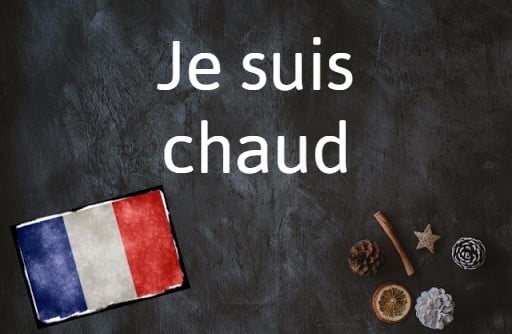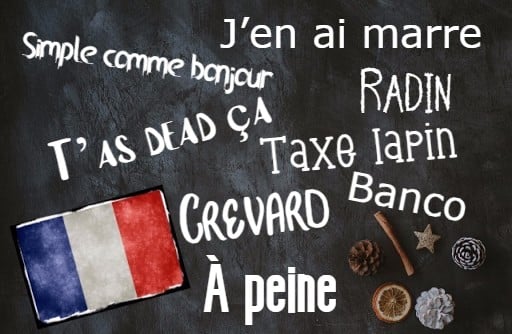Why do I need to know Je suis chaud?
Because it’s a good way of showing your enthusiasm for doing something.
What does it mean?
Je suis chaud does not mean, “I’m warm”, as most people imagine when they begin learning French (that would be j’ai chaud).
To hammer this point home, your French teachers might have told you that Je suis chaud (or Je suis chaude for women) means you’re horny. And it can mean that, but there’s also a more common usage, because it’s a phrase you hear a lot in France and that doesn’t mean French people are always running around shouting about their sexual desires, even if the rest of the world may think otherwise.
If you hear someone say Je suis chaud, it usually means, “I’m up for it”. You can use it when somebody suggests a plan and you want to express your willingness and excitement. Equally, somebody might ask you, “Tu es chaud ?” (Are you up for it?).
In this case, you’re saying you’re warm in a similar way to an athlete who has warmed up before taking to the field. You’re ready to go!
You should still be careful, though, because in the wrong context it could be interpreted sexually, especially if you’re a woman.
Use it like this
Je suis chaud pour regarder le match dans un bar – I’m up for watching the match in a bar
Quelqu’un est chaud pour aller au cinéma samedi ? – Is anyone up for going to the cinema on Saturday?
Synonyms
Je suis partant – I’m up for it
Ca me tente – sounds good



 Please whitelist us to continue reading.
Please whitelist us to continue reading.
Member comments